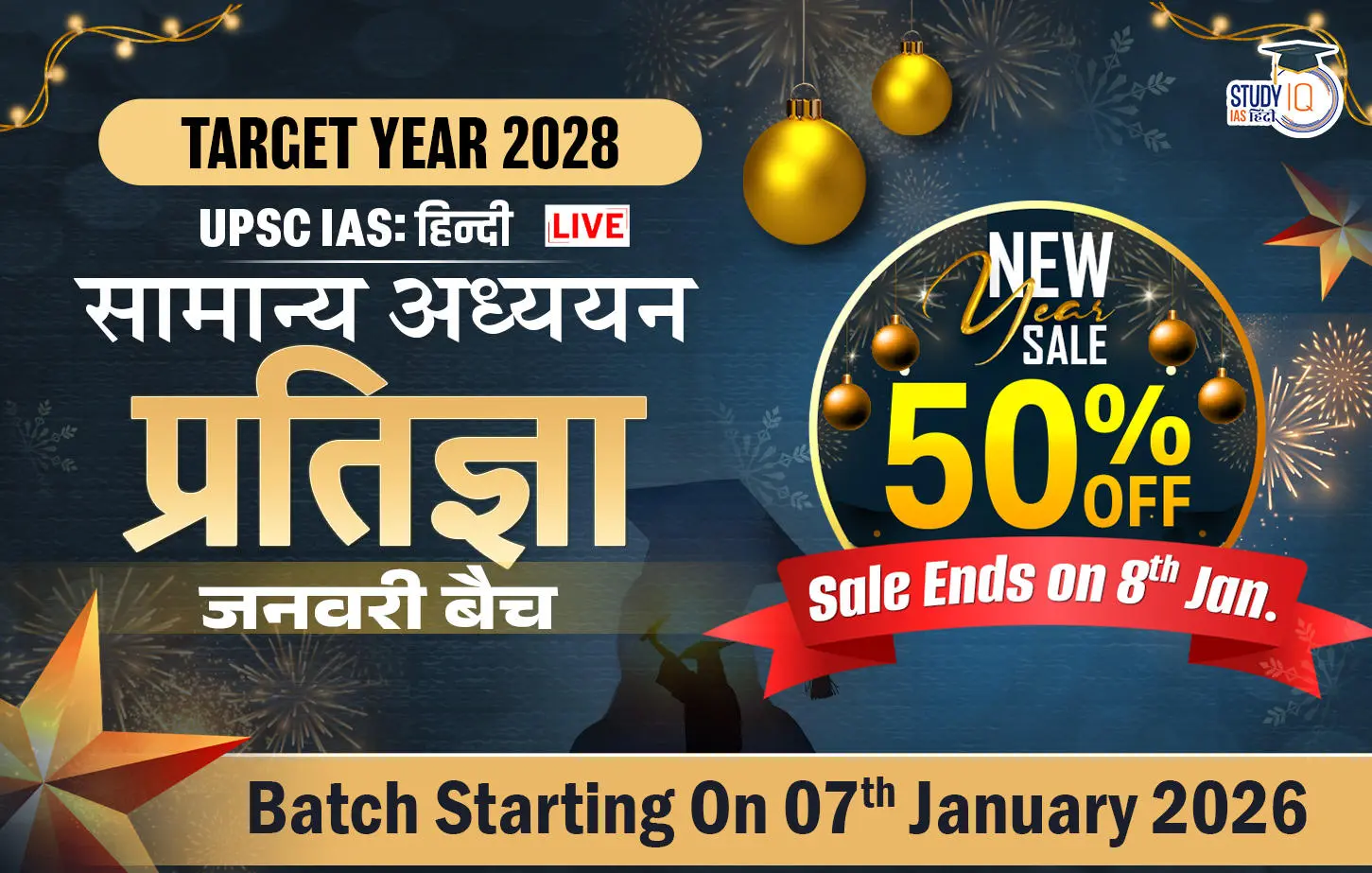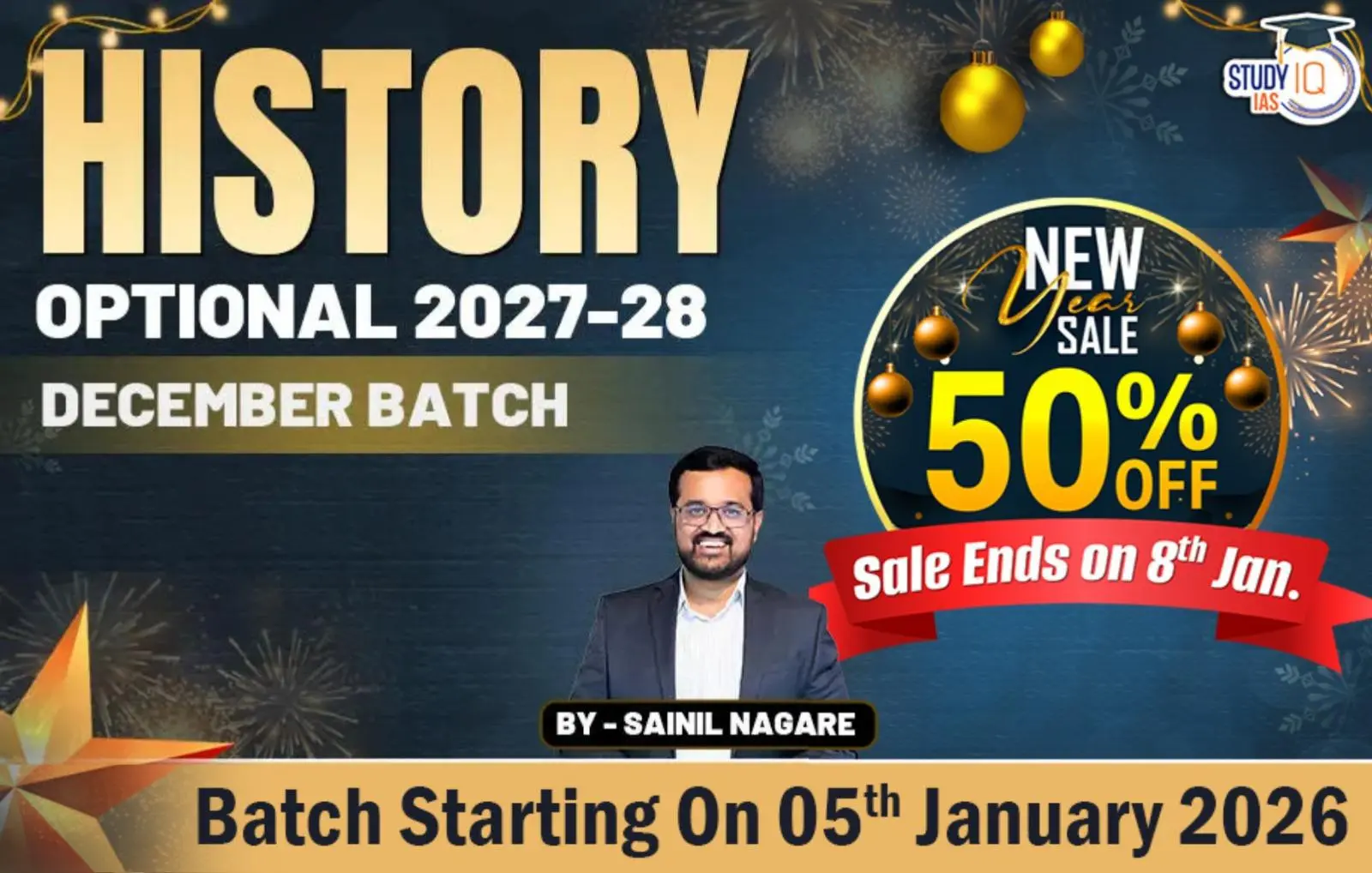Table of Contents
Great Indian Bustard
Context: The Supreme Court of India is re-evaluating its April 2021 order for underground power lines in GIB habitats, following the Centre’s claim of the order being practically impossible to implement over long distances.
More in News
- A seven-member committee has been established by the court to recommend measures for the protection and conservation of the GIB, which may include burying power lines in critical areas.
- Facts:
- Less than 150 critically endangered GIBs are left in the wild.
- Collisions with power lines are a major threat to GIBs.
- A 2020 study by the Wildlife Institute of India (WII) estimated that power lines kill around 84,000 birds of multiple species every year in the GIB habita
- Other threats to GIBs:
- Free-ranging dogs
- Pesticides in farmlands
- Loss of grassland and nesting sites
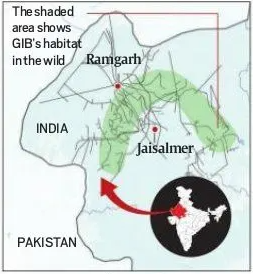
- Conservation efforts:
- Captive breeding program: Sam in Jaisalmer district, a chick was hatched through artificial incubation.
- Habitat restoration and protection initiatives.
We’re now on WhatsApp. Click to Join
UNSC Resolution on Gaza
Context: The United Nations Security Council (UNSC) called for an immediate ceasefire and the unconditional release of all hostages between Israel and Hamas after the United States abstained from the vote.
U.S., Israel and UNSC
- Historically, the US has frequently used its veto power to protect Israel, vetoing 45 resolutions critical of Israel out of a total of 89 US vetoes in the UNSC as of December 2023.
- The US found it politically prudent to abstain from using its veto power due to the:
- To secure votes from the Arab and Muslim communities and the Democratic party’s left-wing In the upcoming presidential election.
- Various political pressures at home and abroad.
Enforceability of the UNSC Resolution
- UN General Assembly vs. UN Security Council Resolutions:
- UN General Assembly resolutions are recommendations reflecting member states’ positions.
- UN Security Council resolutions are more prescriptive.
- Types of UN Security Council Resolutions:
- Chapter 6: Resolutions under Chapter 6 are not binding but encourage peaceful resolutions to disputes.
- Chapter 7: Resolutions under Chapter 7 are binding and authorise enforcement actions like sanctions or military intervention.
- Enforcement Challenges: Even Chapter 7 resolutions can be difficult to enforce if a country refuses to comply (e.g. Israel).
- Limited Options for Enforcement:
- The UN Security Council can authorise sanctions, travel bans, or military intervention.
- These options are unlikely to be used in this specific case.
Foreign Contribution Regulation Act (FCRA)
Context: The Union Home Ministry extended the validity of the Foreign Contribution Regulation Act (FCRA) registered NGOs and associations.
About Foreign Contribution Regulation Act
Background
- Enacted in 1976 during the Emergency period to address concerns about foreign interference in India’s internal affairs.
- The FCRA is a legislative framework established by the Indian Parliament to oversee the receipt and usage of foreign contributions by individuals, associations, and companies.
- The Act disallows accepting foreign funds for activities considered harmful to India’s national interests.
- Entities must obtain government approval to accept foreign funding.
- The FCRA is enforced through collaboration among various central and state government bodies, alongside a network of institutions and individuals.
Key Amendments
- 2010 Amendment: Strengthened regulations on acceptance and use of foreign contributions, emphasising national interest protection.
- 2020 Amendment: Introduced restrictions on fund transfers, reduced administrative expense allowance from 50% to 20%, and mandated a specific SBI branch in New Delhi for foreign fund receipts.
FCRA 2022 Rules Update:
- Expanded the list of compoundable offences and increased the foreign contribution limit from relatives without government notification to Rs 10 lakh.
- Extended the deadline for notifying the government about new bank accounts.
FCRA Registration Criteria and Regulations
- Eligibility: FCRA registrations are issued to entities engaged in specific sectors such as culture, economy, education, religion, and social work.
- Applicant Authenticity: Applicants must be genuine, not fictitious or in someone else’s name, and must not have engaged in forced or induced religious conversions.
- Validity Period: An FCRA registration remains valid for five years, requiring renewal submissions six months before its expiration.
- Cancellation Conditions: Registrations can be revoked if false information is discovered in the application.
- Post-Cancellation Restrictions: NGOs with cancelled registrations face a three-year prohibition on re-registration.
- Suspension Authority: The government can suspend an NGO’s registration for up to 180 days during investigations and can also freeze its financial assets.
- Legal Recourse: Decisions made by the government regarding FCRA matters can be appealed in the High Court.
Prohibited Activities
- Bans fictitious or deceptive entities.
- Forbids involvement in religious conversions and activities causing communal unrest or sedition.
- Restricts certain individuals and organisations, including political entities and government officials, from receiving foreign funds.
Examples, Data and Case Studies For Value Addition
- Role Of Women (GS 1): In Nalbari, a district in western Assam, India, an innovative campaign was launched to encourage women to participate more actively in the voting process. This initiative emerged due to the lower voter turnout among women compared to men in previous elections.
-
- Strategy: The district administration employed the colour pink as a symbol to resonate with women voters. This included:
- A significant presence of female officials in key positions, including the District Commissioner and District Election Officer.
- Over 300 women polling personnel and women officers donned pink apparel, the traditional Assamese attire, in mekhela chador, and engaged with the public.
- The implementation of Systematic Voters’ Education and Electoral Participation (SVEEP) activities aimed at educating and motivating all sections of society to vote.
- Strategy: The district administration employed the colour pink as a symbol to resonate with women voters. This included:

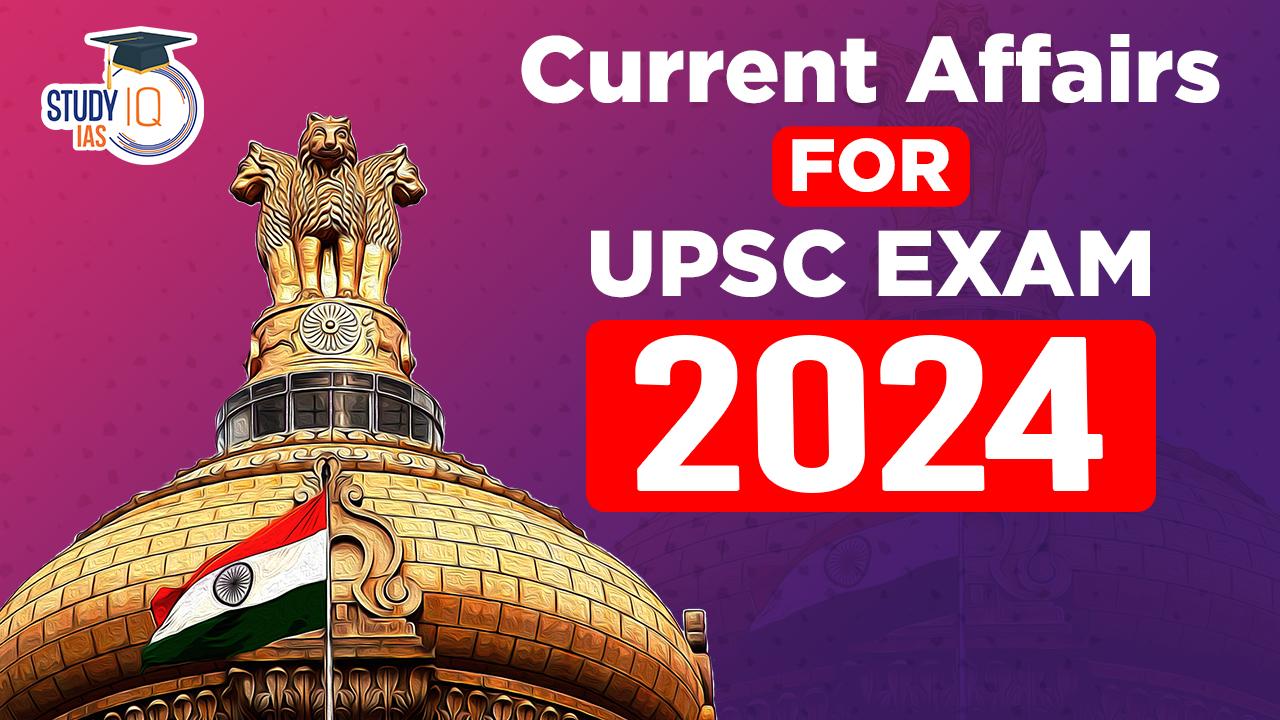
 New Window of Opportunity for India amid...
New Window of Opportunity for India amid...
 Cetacean Morbillivirus: Meaning, Feature...
Cetacean Morbillivirus: Meaning, Feature...
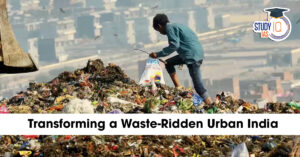 Transforming a Waste-Ridden Urban India:...
Transforming a Waste-Ridden Urban India:...


